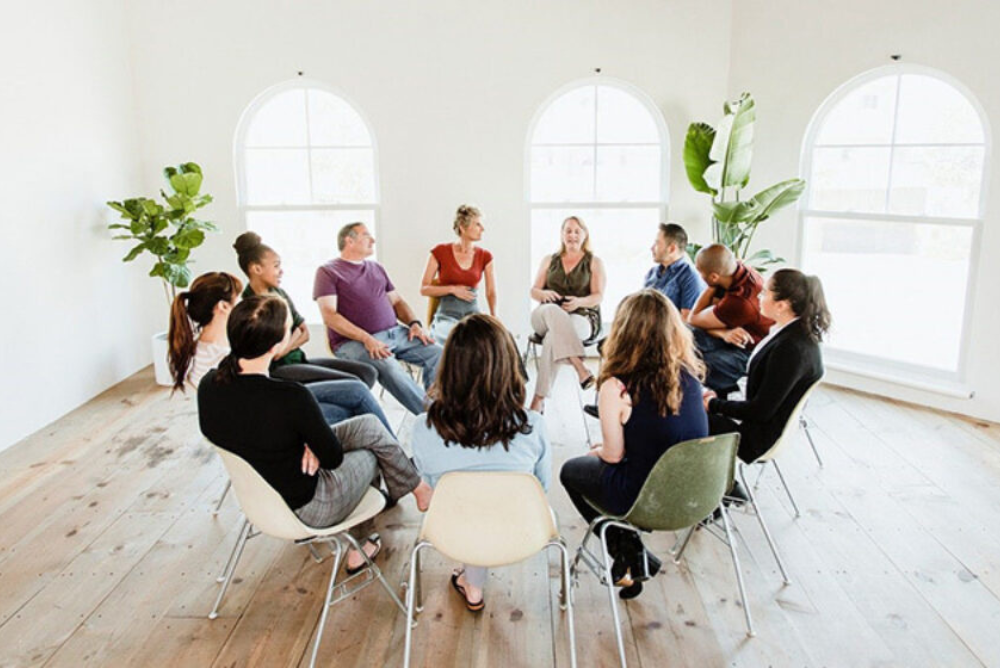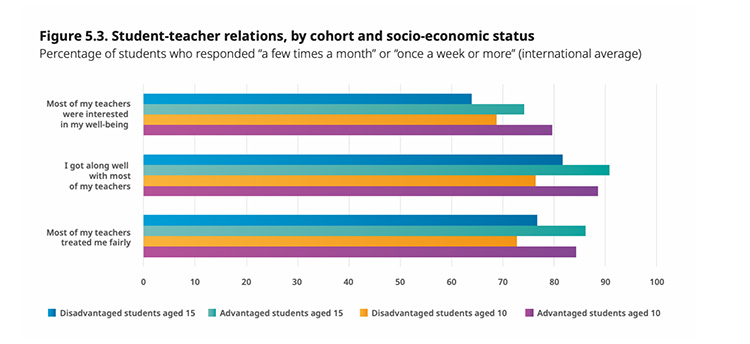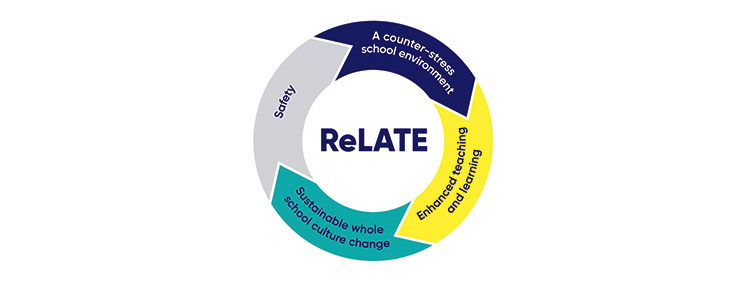Trust: the essential prerequisite for team building

Why is it we trust a flight attendant when in the air and hit turbulence? Or the doctor that is preparing us for surgery? In both these examples we are made to feel safe and secure in our most vulnerable moments. We trust in the process and the other person because of the intimate connection between our need to survive and the ability both the flight attendance and doctor have. That is to create the conditions of reassurance along with physical and psychological safety. It is not dissimilar when it comes to creating trust in schools and workplaces.
“Trust takes years to build, seconds to break and forever to repair”
When you meet someone for the first time, how do you know what they are telling you is truthful? Can you be sure the responses they are giving are aligned to the values of honesty and integrity. Trust isn’t something that is handed out nor should it be expected. We earn trust through quality interactions with fellow human beings.
We are social beings and we thrive on connectedness to self and those around us. Trusting a friend, a family member, partner or a colleague doesn’t come easy to all of us but is crucial to our emotional growth and an essential prerequisite for team building.
The MacKillop Institute is fortunate to hear from teachers and school leaders daily about the concept of trust in their schools and creating safe environments where teachers can raise concerns free of judgement or retribution. It is a difficult concept when you think about it because trust asks of the individual to be vulnerable and how many of us are comfortable with vulnerability?
Why is it we trust a flight attendant when in the air and hit turbulence? Or the doctor that is preparing us for surgery? In both these examples we are made to feel safe and secure in our most vulnerable moments. We trust in the process and the other person because of the intimate connection between our need to survive and the ability both the flight attendance and doctor have. That is to create the conditions of reassurance along with physical and psychological safety.
It is not dissimilar when it comes to creating trust in schools and workplaces. The turbulence that workplace stress creates throughout a school means teachers look to those they can rely on for assurance that they aren’t facing anything alone.
Parents trust schools to take care of their most precious and loved. Children trust teachers to look out for them and help them find their way in this world. Teachers trust leadership to support them and create the conditions for them to do their best work. When we don’t allow ourselves to establish trusted relationships or when we cannot cultivate healthy relationships because trust is broken or in need of repair, we can easily isolate ourselves from those that care most about us. Dysfunction reigns and conflict within the individual can occupy much of the valuable time we should be spending learning, laughing and experiencing all that educational settings have to offer.
Trust is a foundational quality that is essential for group and communal living and work, and it is conditionally based on direct or indirect, gradated relationship bonding. Trust is an essential quality that underwrites our humanness, and it is so important in education as students move outside their family circles for the first time.
It is equally important for staff members when they move into a new school, or a new developmental situation in a school. Trust is the adhesive that holds a school personnel structure together.
Trust in our own abilities and our desire to be emergent learners, always seeking out opportunities to be more informed to make a difference in the lives of staff and students. However, this does not mean that we need to burn the candle of education at both ends. We must find the balance between trust in our current abilities and the time we seek to invest in developing further our capabilities. Being attuned to the reason we began teaching in the first place helps us stay connected with the higher purpose. We seek to serve others as educators with the view to support a learner through their educational journey. Without trust in ourselves, our colleagues, our students or parent community may be at risk of simply existing without purposeful connection. This is not what education is about and therefore the value we place on trust determines the output we get in quality relationships and teaching and learning environments.
Trust in Schools for Students
In schools, the students are placed in controlled environments so they can learn society's expectations in a supportive, and protected context. In these situations, the students learn who to trust, and who not to trust, and from this experience they learn that all trust is conditional and not equal. While social-emotional learning has found a loftier place in school curriculums during this pandemic, the deeply personal values of trust remain, deeply personal, and they may never be discussed.
What is concerning for all educators is that the socio-economic status (SES) markers appear to influence the factors determining trust. For example, OECD research (2021) showed that young, disadvantaged students (aged 10 years) thought more negatively than the higher SES students for these three items:
- Most of my teachers are interested in my well-being;
- I get along well with most of my teachers; and
- Most of my teachers treat me fairly.
Interestingly, the disadvantaged students aged 15 stated that their teachers were less interested in their well-being than the 10 year old disadvantaged students, indicating that they are more socially aware.

Figure1 OECD (2021): Student- teacher relations (p. 144/1712)
Figure 1 says a lot about the students' beliefs, but it is a statement about the teachers as well. When teachers watch new students arrive in schools, we see the students look for tribal/SES markers: shaved heads, rough clothes, no uniform, perhaps flashy shoes, stance, language, and presentation. It takes until morning recess until the social connections are made and the new students feel safely embedded in a culture they understand. Bridging those tribal/SES boundary markers is a critical task for all school staff.
One way to build trust within the team could be through utilising the ReLATE circle which is just one of the many strategies within The MacKillop Institutes, Reframing Learning and Teaching Environments (ReLATE) model.
The ReLATE Circle has various objectives, including: safety, emotional literacy, social responsibility and a sense of collective purpose. Forming a circle equalises the dynamic and establishes a norm of democracy in the group. The circle enables people to speak to everybody else equally, rather than just directing their comments or questions to the facilitator. This begins to establish the notion of relational trust, equality, attunement and shared enjoyment; in which to be courageous is to be vulnerable.

The ReLATE Circle comprises of four questions:
1 How are you feeling about school/work today?
This question encourages emotional identification and helps us to articulate our feelings. Spending a few mindful minutes to identify how we are feeling helps to ground us in the present.
2 What is one thing you want to achieve today?
The purpose of this question is to turn our focus to strategic optimism. We need to take lessons from the past and progress our lives for the good of our future. This helps us accept the known unknown and the unknown, unknowns.
3 If you need support, who will you ask?
The purpose of this question is to leverage the relational trust amongst peers and/or colleagues. Sometimes we might feel we are on our own and expected to solve our own problems but this encourages us to reach out and equally encourages others to ‘lean in’.
4 Why is what you want to achieve important to you?
When clarity of purpose becomes a catalyst for change, the possibilities are endless. This encourages participants to dig deep and connect their desire to achieve with the meaningful reason that has motivated them in the first place
Call to action
Try implementing the ReLATE circle and consider reaching out to The MacKillop Institute telling us how you implemented it and what success you might have had. We would love to share your story on our social media and website.
Authors: Ben Sacco, Ray Boyd and Dr. Neil MacNeill
Reference: OECD (2021). Beyond Academic Learning: First Results from the Survey of Social and Emotional Skills. OECD Publishing, Paris. https://doi.org/10.1787/92a110...

